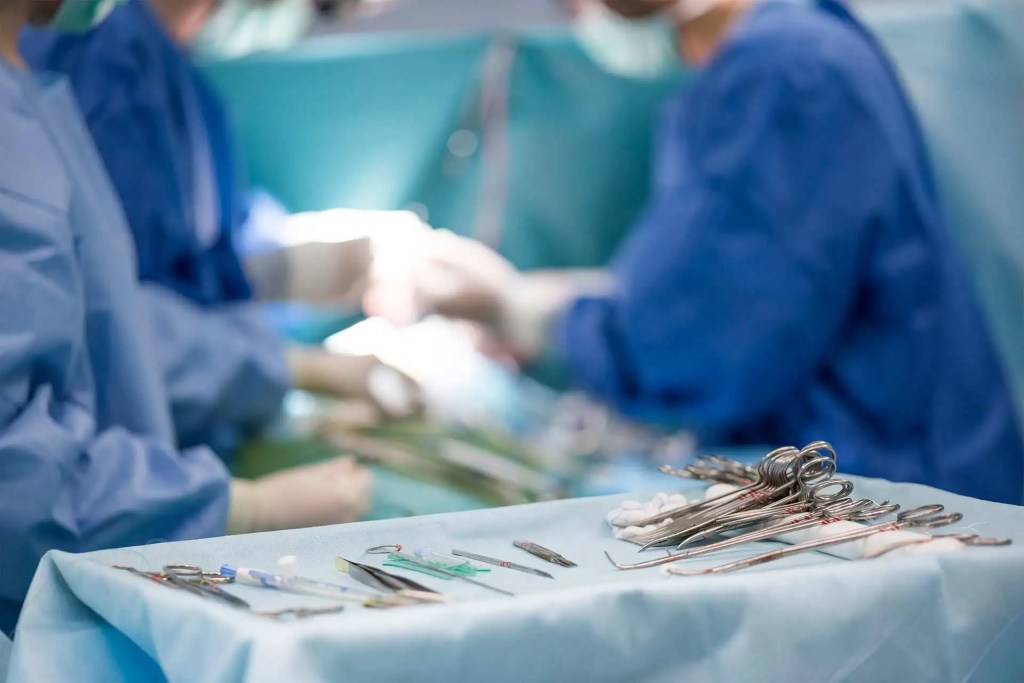
Technical Standards Required by Doctors
Becoming a doctor demands honing essential skills, including observation, communication, motor skills, critical thinking, and ethical conduct.
It is an established fact that the medical profession is one of the most dignified and respected jobs in the world. The life of a doctor however, in any discipline, is far from easy. Doctors have to productively deal with busy schedules, yet be compassionate and rational when it comes to their patients. Working in fast-paced medical settings requires extensive training and mental preparation.
Becoming a good doctor takes years of rigorous study, an exceptional commitment to medicine, comprehensive practice in real-life settings, and training in the most challenging subjects and disciplines. Every medical student has to go through all this to ensure they are well-versed in the knowledge, technical standards, and skills to effectively function in a wide range of clinical scenarios. All medical programs are designed in a way that students can learn to use their medical standards with integrity, honesty, reliability, responsibility, and cultural sensitivity.
As with any other intensive profession, the path to becoming a doctor requires you to possess medical technical standards that form the foundation of this profession. Read this blog to learn more about the technical standards for MD students as well as other medical students.
Observation skills: As a skilled medical student, you are expected to possess exceptional observational skills. You should be able to acquire all the necessary information from seeing and observing your patients and surroundings. You must have a good sense of hearing, good eyesight, and tactile senses, and you should be able to comprehend multiple sensory stimuli accurately, consistently and rapidly.
Other than these physical abilities, you should also be able to directly obtain relevant information from written documents and reports, images, computer programs, videos and simulators. You should also possess the ability to breakdown and understand information received in lectures and clinical settings.
Communication skills: You should have excellent verbal communication skills to be able to hear and speak to patients clearly to obtain important information from them. Excellent non-verbal skills are required to get information from patients as well as to judge the changes in their moods, body language and posture in clinical settings.
Versatile communication skills are also required in emergency situations where you might have to understand and convey crucial information in a clear, unambiguous and rapid manner. This will enable other members of the medical team or the patient’s family to make the right decisions.
In non-clinical environments, you should be well-adjusted in the English language to read and write medical reports, documents and transcripts.
Motor skills: Becoming a doctor involves many intricate and delicate diagnostic and medical procedures such as complicated surgeries. Hence, all medical students must have excellent motor skills and hand-to-eye coordination, to be able to perform procedures like palpation, percussion, and auscultation with steady hands.
Doctors are often called in to provide emergency treatments like airway management and external defibrillation. Hence, your motor skills should allow you to display excellent hand and limb reflexes in emergency situations. In addition to perfect gross and fine motor skills, you should also build the necessary physical endurance to remain active in clinical settings for long hours.
Intellectual and conceptual skills: Also known as integrative and quantitative abilities, intellectual and conceptual skills are integral to a doctor’s career. As a medical student, you should have the ability to think on your feet and continuously analyze and process the data you receive.
You should also be able to quickly grasp written texts and reports and engage in critical thinking in tense situations, as you’re likely to encounter many of these throughout your career. You will also be expected to have great decision-making skills in order to make the right call in limited time frames.
Behavioral and social attributes: The medical profession is regulated and governed by ethical principles. Hence, you should be able to display a clear sense of morality and ethics at all times.
Since the primary purpose of being a doctor is to care for and treat patients, you should possess emotional intelligence, maturity, compassion, respect, and courtesy towards patients and colleagues. Medical ethical standards also require you to take full responsibility for your decisions and be a team player.
In addition to these technical standards of medical school, you will be required to have excellent scholastic accomplishments to gain admission in MD programs offered by reputed universities. You can be denied admission if the college feels you haven’t done the necessary prerequisite coursework.
If you are searching for a great MD program, the Medical University of the Americas (MUA) offers a great 10-semester program. Their customized curriculum provides students with both a strong academic experience as well as excellent clinical skills.
In addition, MUA has an experienced faculty with extensive qualifications. The class sizes are small which allows faculty to offer individual attention to each student. A degree from MUA will allow you to practice medicine in all U.S. states and Canadian provinces. Click here to get a detailed look into this affordable and exciting MD program at MUA.
Click here to get a detailed look into this affordable and exciting MD program at MUA.